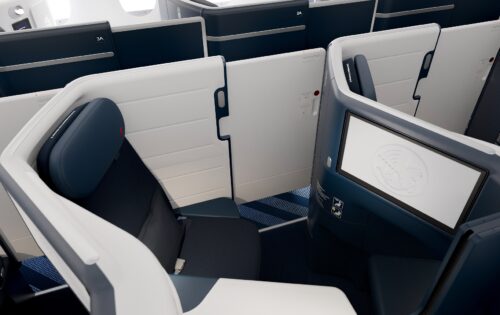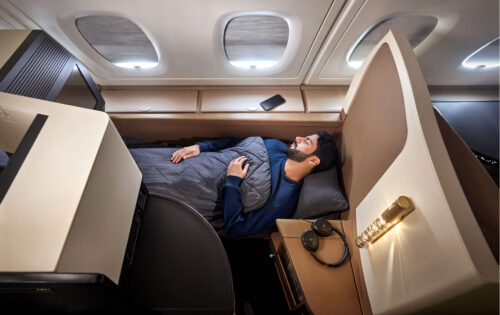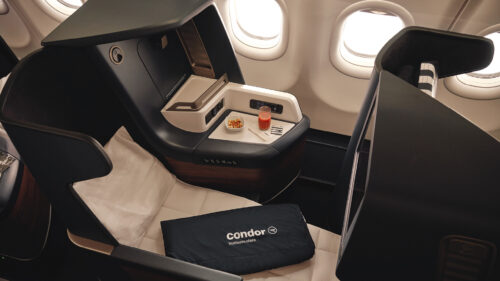In addition to language skills, non-verbal communication and certain rules of conduct also play an important role in dealing with business partners, especially when operating on the international stage. The online language learning platform Preply has determined the cultural differences in gestures, greetings, handling of time and conventions at meetings:
Key findings
- Greeting: Handshakes and eye contact are common in the West, while in Asia, attention is often paid to age and hierarchy.
- Time: Punctuality is important in the United States and Australia, while other cultures (such as Spain or Italy) take it more calmly.
- Meetings: The location and time vary greatly here. In Mexico, meetings are concluded during lunch, while in Finland, meetings are held in the sauna, which encourages openness and creativity.
- Gestures: Gestures and physical contact have different meanings depending on the culture. A "thumbs-up gesture" can be offensive in Iran, and in some parts of Brazil it is common to stand very close to each other.
Greetings
In the United States and Canada , a firm handshake with direct eye contact is expected, while in South Africa , all those present should be greeted individually.
In Belgium , it is common for businessmen to greet each other with three air kisses after establishing a relationship. In Ghana , on the other hand, the greeting takes place in a specific order, starting from the right with the right hand.
On the other side of the world, in Asia, hierarchies play a greater role. In the Philippines , the highest-ranking or oldest are welcomed first. In Hong Kong , the highest-ranking member should be offered a seat at the head of the table at meetings or business dinners.
Punctuality
In the United States , the motto is "time is money". Punctuality is necessary and meetings are held according to a fixed schedule. In Australia and Ireland , too, punctuality is important, and delays are viewed negatively.
On the other hand, other regions take it more calmly. Italians are often late for meetings and in Spain delivery times are considered flexible proposals.
In some cultures, more emphasis is placed on interpersonal interaction than strict schedules. For example, in Saudi Arabia , it is considered rude to look at the clock during a meeting, even if you have other obligations.
Meetings
In addition to the differences in greeting rituals and punctuality, different cultures also have their own ideas about when and where business meetings should take place.
In Mexico , for example, meetings are often concluded over lunch, while in Finland a sauna is preferred to encourage openness and creativity.
In the Czech Republic and Egypt , Friday is best left free, as many people often take a weekend trip or take the day off. This means that you should not plan meetings on Fridays.
The work does not always end with the last handshake. In South Korea , business lunches often go hand in hand with lively karaoke sessions ("noraebang"), which further helps to foster the relationship.
Hand gestures, movement and physical contact
In Brazil and Argentina , one should expect close proximity and frequent contact between people, reflecting their warm and expressive behavior. In other regions, however, this might be perceived as too familiar.
It is important to be careful even with seemingly universal gestures. In Venezuela , the "OK" symbol has a negative meaning, while in Iran , a "thumbs-up gesture" is considered an insult. In Viet Nam , too, crossing the fingers is considered inappropriate and should therefore be avoided.
Even seemingly harmless actions such as touching the nose can indicate secrecy and cause confusion in the UK . In Singapore , you shouldn't tap your foot or wiggle your legs, because that shows that you're either not paying attention or that you have weak willpower.
In some countries, the hand you use for a certain gesture also has an influence on the overall impression. In Taiwan , you should accept business cards with both hands and not put them in your pocket immediately, but first look at them closely. From eating to shaking hands, it is always advisable to use the right hand in the United Arab Emirates to avoid offenses.
Source: https://preply.com/de/blog/business-sitten-rund-um-die-welt/












